Quality UTME Lessons for Art Students
Individual and group classes • Student-friendly rates
📞 Contact Ayomiposi on WhatsApp now
🎥 We’re cooking something delicious for you on our YouTube channel. In the coming days, you will learn SSCE literature texts like you're in class 📚✍🏽
Be part of this new journey we are about to embark on.
🔔 Subscribe Now
We have prepared for you multiple-choice questions (MCQs) on “Not My Business” by Niyi Osundare to drill you on your understanding of the poem. There are a total of 19 objective questions. Share your answers in the comment section. The answers to the questions are in the next page of this post.
Multiple Choice Questions on “Not My Business”
1. What is the central theme of Niyi Osundare’s Not My Business?
A. The struggle for independence
B. The importance of education
C. The consequences of political indifference
D. The beauty of African traditions
2. In the poem, what does “yam” symbolise?
A. Agricultural prosperity
B. Daily sustenance and personal comfort
C. National culture
D. Ethnic pride
3. Why does the poetic persona initially ignore the oppression around him?
A. He believes the victims are guilty
B. He thinks it is not his concern as long as he is not affected
C. He supports the military regime
D. He is unaware of what is happening
4. Which of the following figures of speech is most evident in the line “Beat him soft like clay”?
A. Metaphor
B. Personification
C. Hyperbole
D. Simile
5. The repeated line “What business of mine is it / So long they don’t take the yam / From my savouring mouth?” is an example of:
A. Refrain
B. Irony
C. Metaphor
D. Paradox
6. What is the significance of the names Akanni, Danladi, and Chinwe in the poem?
A. They are used to represent only the Yoruba people
B. They show that tyranny targets only the educated
C. They demonstrate that oppression cuts across ethnic groups
D. They are historical figures from Nigeria’s civil war
7. What poetic technique is used in “my bewildered lawn”?
A. Irony
B. Transferred epithet
C. Oxymoron
D. Apostrophe
8. Which line indicates that the persona finally becomes a victim of the same oppression he once ignored?
A. “They picked Akanni up one morning”
B. “Only to find her job was gone”
C. “A knock on the door froze my hungry hand”
D. “So long they don’t take the yam from my savouring mouth”
9. The tone of Not My Business can best be described as:
A. Nostalgic and romantic
B. Detached and ironic
C. Hopeful and optimistic
D. Playful and humorous
10. The final stanza of the poem serves to:
A. Justify the persona’s earlier indifference
B. Highlight the power of the state
C. Warn against political activism
D. Drive home the message that silence in the face of oppression leads to eventual doom
11. The line “The jeep was waiting on my bewildered lawn” is best interpreted as:
A. A military jeep parked wrongly
B. The arrival of political reward
C. The presence of state oppression at the speaker’s doorstep
D. A symbol of domestic peace
12. What is the poet’s most likely purpose in repeating the refrain about “yam”?
A. To show the persona’s obsession with farming
B. To highlight his cultural heritage
C. To create a musical rhythm in the poem
D. To emphasise selfishness and complacency
13. Which of the following is not a dominant theme in Not My Business?
A. Suppression
B. Tyranny
C. Indifference
D. Patriotism
14. Which of the following lines best reflects the theme of suppression?
A. “Just one neat sack for a stainless record”
B. “What business of mine is it…”
C. “So long they don’t take the yam…”
D. “A knock on the door froze my hungry hand”
15. Which of the following best explains the function of the waiting jeep in the poem?
A. A symbol of a rescue mission
B. A representation of rural poverty
C. A symbol of state oppression and tyranny
D. A metaphor for the nation’s economy
16. How does the poem present military brutality?
A. As a noble effort to maintain peace
B. As a tool for executing public will
C. As a misunderstanding between the government and citizens
D. As an instrument of torture, fear, and unjust punishment
17. According to the poem, the reason the poetic persona is eventually arrested is:
A. He protested openly
B. His silence did not protect him from oppression
C. He failed to pay his taxes
D. He criticized the military on radio
18. The theme of tyranny in the poem is portrayed through all of the following except:
A. Arbitrary sackings
B. Brutal arrests
C. Legal trials
D. Use of state machinery to instill fear
19. What does the poet ultimately argue about silence in the face of injustice?
A. It is wise and keeps you safe
B. It is neutral and ineffective
C. It is the only defense against tyranny
D. It enables oppression and eventually consumes everyone
Receive Literary Updates through our Social Media Channels:
- WhatsApp: Literature PADI
- Telegram: Literature PADI
- YouTube: @literaturepadi
- Facebook: Literature PADI
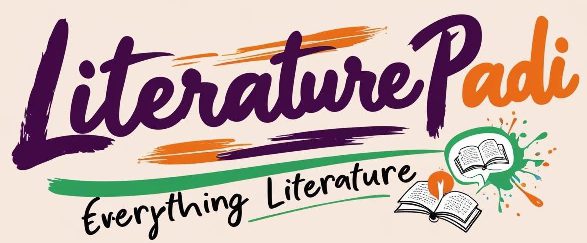

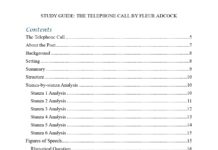

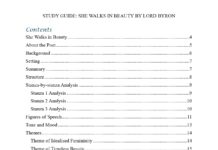
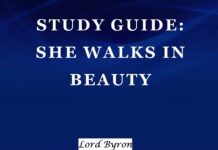
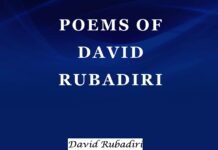
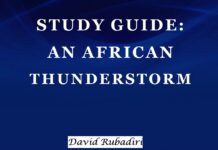
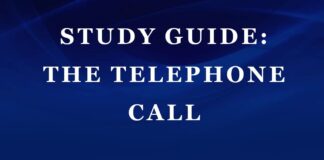
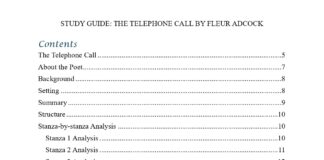
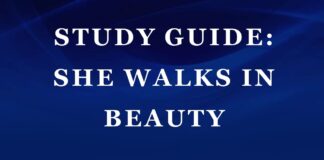
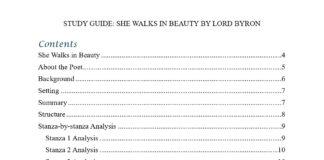
1 C
1 C 2 B. 10 D. 18 C
3 B. 11 C. 19 D
4 D. 12 D
5 A. 13 D
6 C. 14 D
7 D. 15 C
8 C. 16 D
9 C. 17 B
16/19. That’s an excellent result 👌.
16/19
That’s brilliant.
1C
2.B
3.C
4.B
5.A
6.C
7.B
8.C
9.B
10D
11.C
12.D
13.D
14A
15.C
16.D
17B
18C
19D